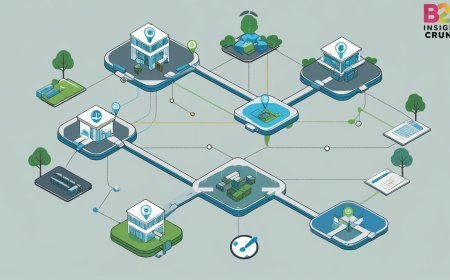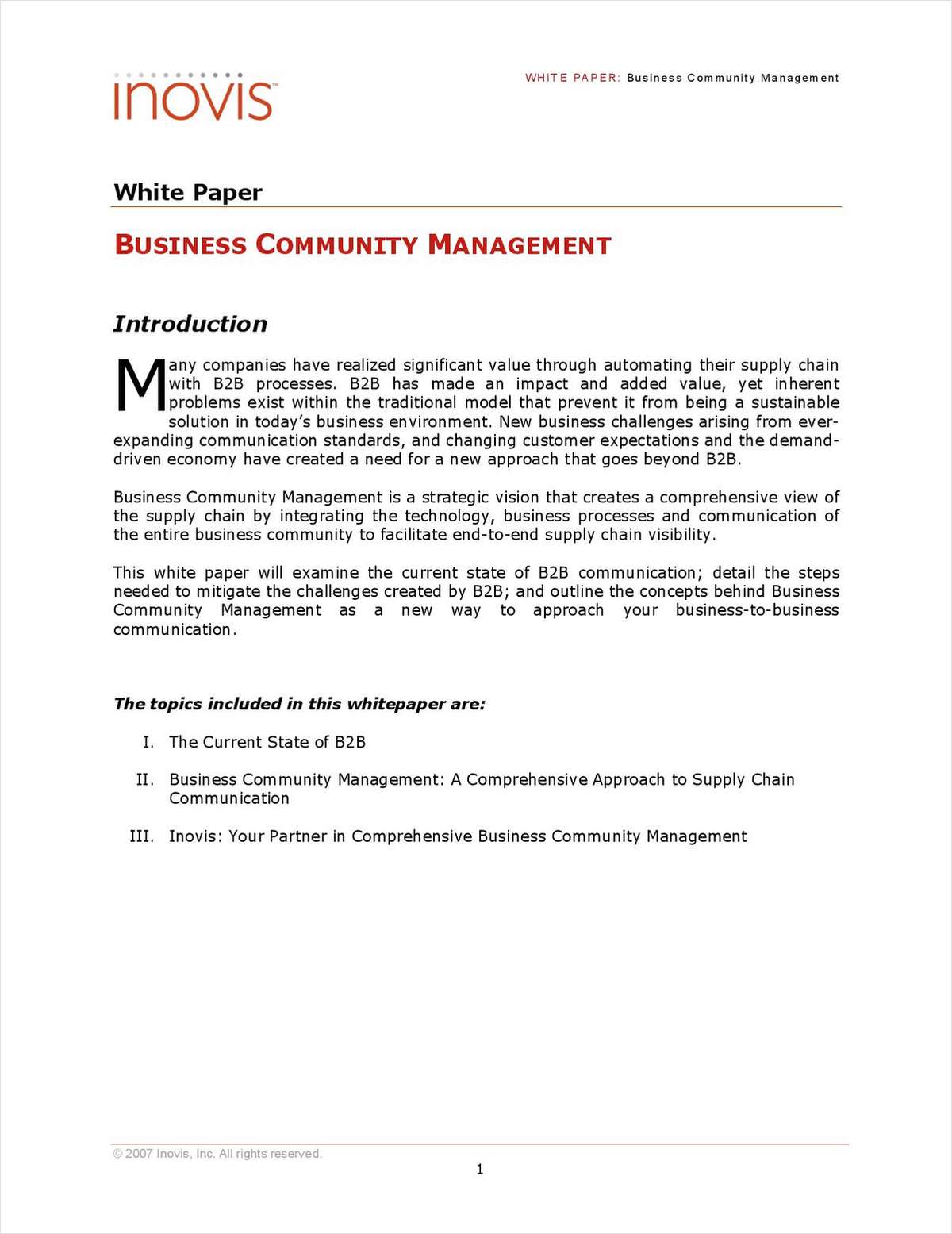The Role of B2B Marketplaces in Accelerating Business Growth

The Role of B2B Marketplaces in Accelerating Business Growth
In the evolving landscape of B2B commerce, marketplaces have emerged as powerful engines driving business growth. These digital platforms, which connect buyers and sellers across industries, are reshaping how companies discover opportunities, form partnerships, and streamline transactions. For businesses looking to expand, adapt, and thrive in a competitive environment, B2B marketplaces offer more than just a new channel-they represent a transformational approach to growth.
Traditionally, B2B transactions relied heavily on direct relationships, personal networks, and manual processes. While these methods have their strengths, they can limit reach and slow down the pace of business. B2B marketplaces break down these barriers by bringing together a vast array of suppliers and buyers under one virtual roof. This creates an ecosystem where businesses of all sizes can connect with new partners, access diverse products and services, and explore markets beyond their immediate geography.
One of the most compelling advantages of B2B marketplaces is the acceleration of discovery. Instead of spending weeks or months searching for reliable suppliers or customers, businesses can quickly browse verified options, compare prices, and review feedback from other users. This ease of access significantly reduces the time to market and helps companies respond swiftly to changing demands. For small and medium enterprises, in particular, marketplaces provide an invaluable opportunity to level the playing field, compete with larger players, and gain visibility they might otherwise lack.
Beyond convenience, B2B marketplaces foster transparency and trust. Many platforms implement rigorous vetting processes, secure payment systems, and dispute resolution mechanisms. This builds confidence among participants, encouraging more open and frequent transactions. As trust grows, businesses can forge long-term partnerships that extend beyond the marketplace itself, driving sustainable growth and collaboration.
Technology also plays a crucial role in enhancing the impact of these marketplaces. Advanced data analytics, AI-driven recommendations, and automated workflows help businesses optimize their buying and selling strategies. Sellers can better understand market trends and customer preferences, tailoring their offerings accordingly. Buyers, meanwhile, benefit from personalized suggestions and streamlined purchasing processes. This data-driven approach not only improves efficiency but also uncovers new opportunities that might have been overlooked in traditional settings.
Moreover, B2B marketplaces encourage innovation in how companies package and deliver their products or services. With direct feedback loops and broader exposure, businesses are inspired to develop more competitive pricing, flexible contract terms, and value-added services. This dynamic environment pushes companies to continuously improve, innovate, and differentiate themselves, all of which contribute to accelerated growth.
Of course, success in B2B marketplaces requires thoughtful strategy. Businesses need to invest in building strong digital profiles, providing excellent customer service, and maintaining high-quality offerings. It also means understanding the unique culture and expectations of marketplace communities, adapting communication styles, and leveraging platform tools effectively. When approached with intention, marketplaces can become powerful growth multipliers rather than just additional sales channels.
In essence, B2B marketplaces represent a shift toward more connected, efficient, and transparent business ecosystems. They open doors to new customers, partnerships, and revenue streams while empowering companies with insights and tools to succeed in a digital-first world. For businesses eager to accelerate growth and embrace the future of commerce, tapping into the potential of B2B marketplaces is not just an option-it’s becoming a necessity.





















